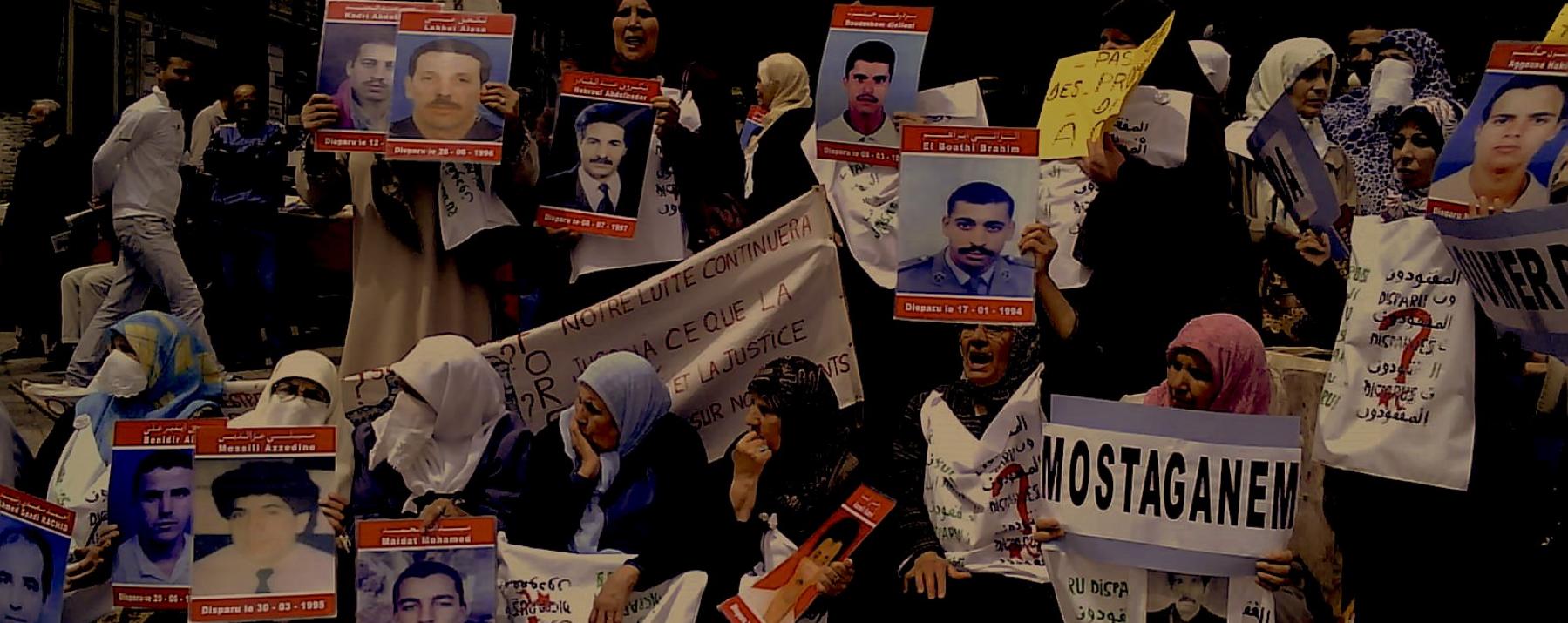15 years into the Charter on peace and national reconciliation, Algerian authorities must uphold the right to truth and justice of families of the disappeared

February 28, 2021, marks 15 years since the entry into force of Algeria’s Charter for Peace and National Reconciliation. To date, this text remains the main obstacle faced by families of thousands of missing persons to seek truth and justice, 20 years after the end of the Algerian civil war. During the conflict, which began in 1991, the country experienced grave human rights violations committed by all parties: over 200,000 persons lost their lives, and 7,000 to 20,000 persons were victims of enforced disappearances following their abduction by state security forces and armed groups.
The 2006 Charter, through its implementing Ordinance 06-01, effectively prevents families of disappeared persons from pursuing justice for the harm suffered and uncovering the truth regarding the fate and whereabouts of their loved ones. It further grants amnesties to all state security forces and members of armed groups for the human rights violations committed during the war.
On the anniversary of the Charter’s entry into force, MENA Rights Group has published a policy paper addressing the legacy of enforced disappearances in Algeria and presenting concrete recommendations that the Algerian authorities may pursue in order to provide victims and their families with avenues for justice, remedy the harm caused by these violations, and guarantee the non-recurrence of such practices.
The paper assesses the legislative, policy and practice gaps in the prevention and protection from enforced disappearances in Algeria. It first identifies avenues through which the Algerian state may strengthen its commitment to its international human rights obligations and increase the effectiveness of its national human rights institution. The paper then evaluates the various obstacles preventing the realisation of the right to truth in Algeria, including excessive restrictions on fundamental freedoms, and the criminalisation of truth-seeking efforts. The paper finally examines the Algerian state’s duty to investigate, provide victims and their families with reparations, and institute guarantees of non-recurrence.
About the ‘Enforced disappearances in Africa’ project
The Policy Paper is part of a larger project coordinated by REDRESS on the issue of enforced disappearances across the African continent, in particular in Algeria, Libya, Sudan and Zimbabwe. The project is run by the African Centre for Justice and Peace Studies, Lawyers for Justice in Libya, MENA Rights Group, Zimbabwe Lawyers for Human Rights and REDRESS. It supports human rights lawyers and victims’ groups to bring cases challenging enforced disappearances. It empowers victims to speak about their own experiences, sets up victims’ networks and advocates for justice on their own behalf. It raises awareness about the problem with the relevant stakeholders at the domestic, regional and international levels.
-
Photo credit: Moussa Bourefis
